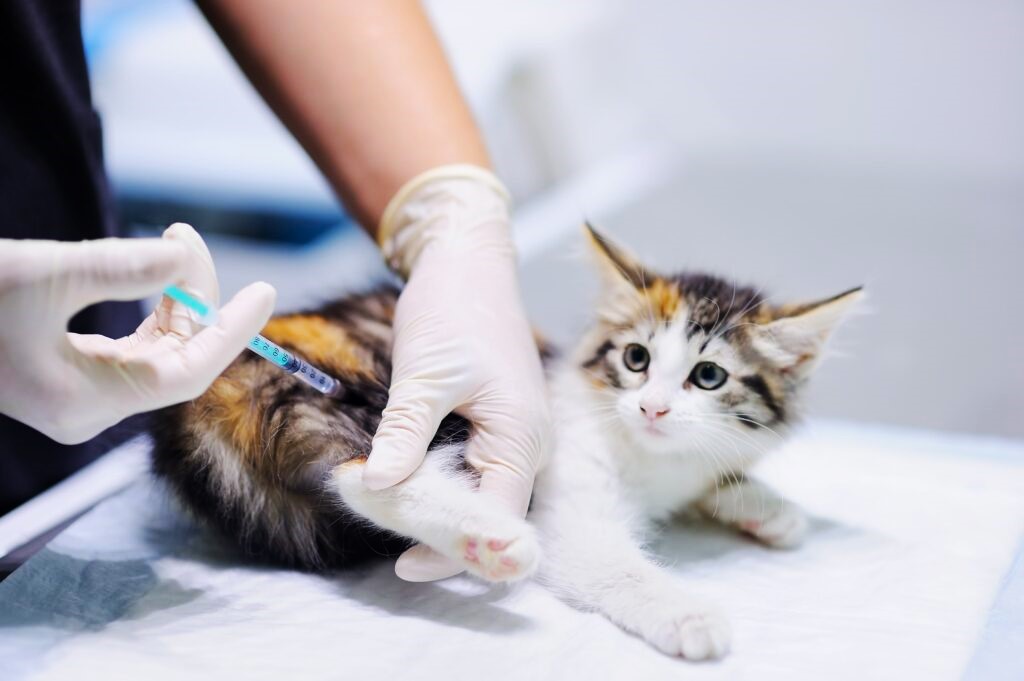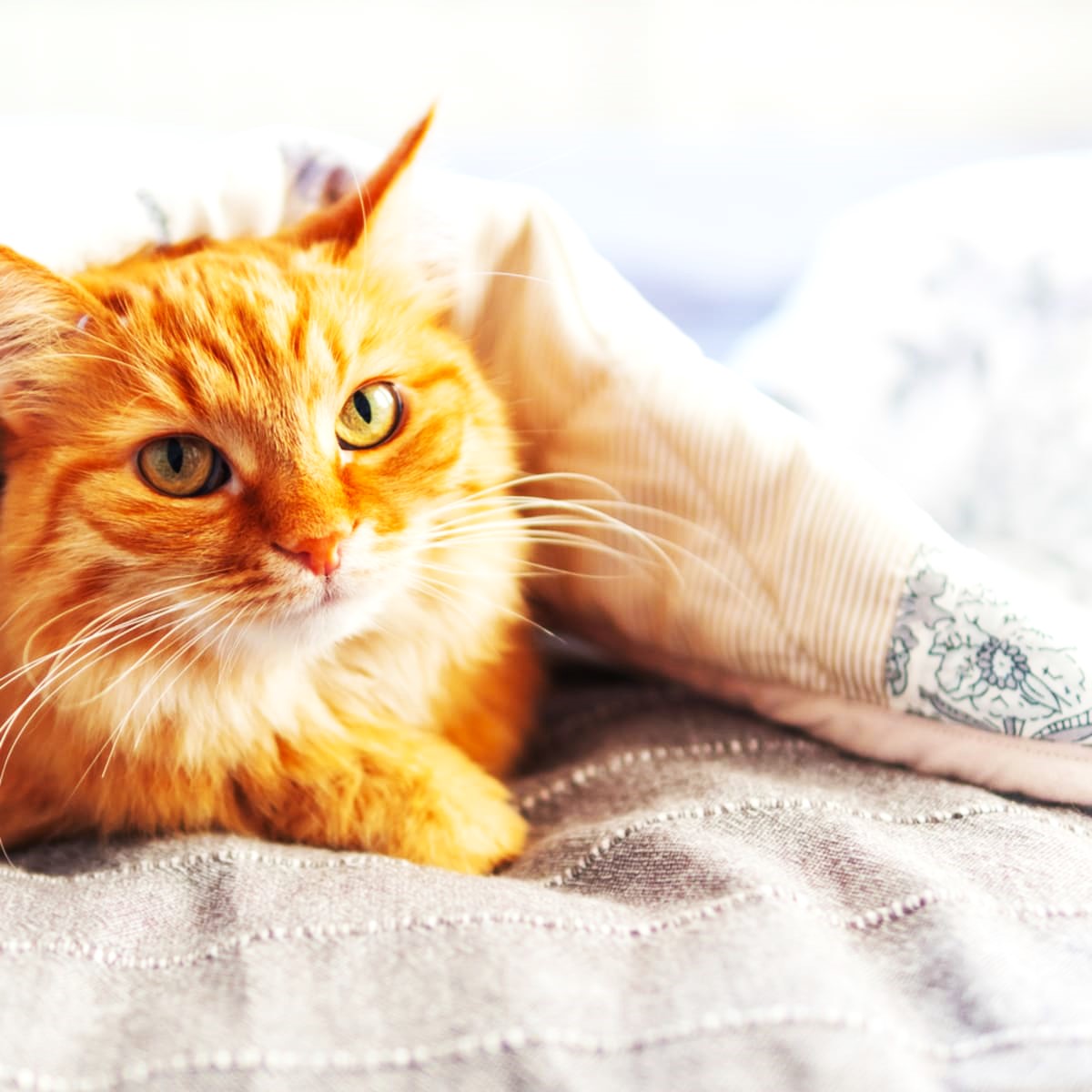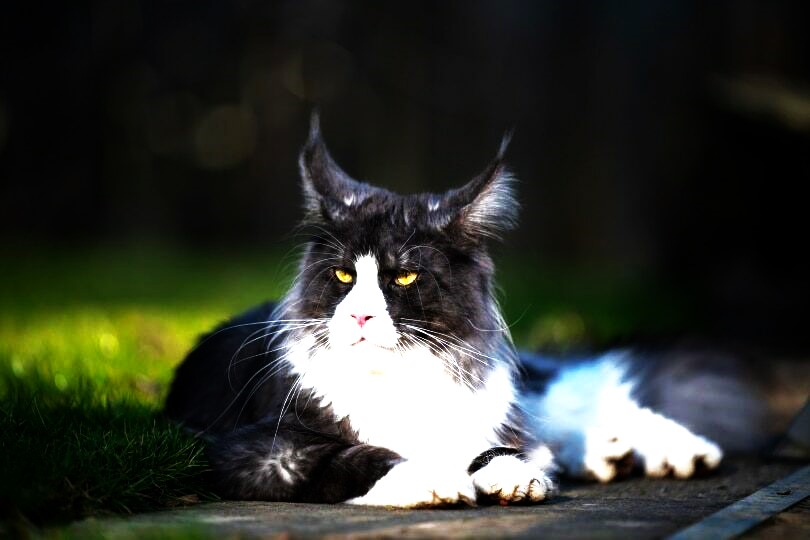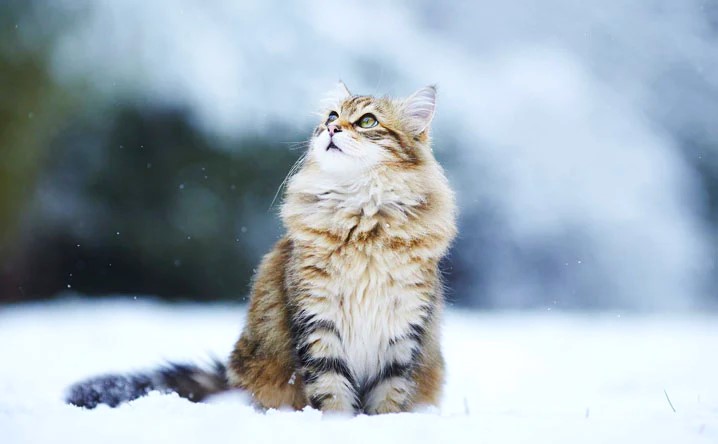Due to the frequent nature of vaccinations, new kitten owners are typically aware of them; however, as cats get older, veterinary visits and vaccinations become less frequent. It can be problematic for your adult cat’s health as well as legally if it isn’t seen by a veterinarian at least once a year. Vaccinations are necessary for adult cats as well, even though they are not as frequent for them as they are for kittens.
Why Is Vaccination Required for Cats?
Immunizations, which are also referred to as vaccinations, boost a cat’s immune system’s capacity to fend off illness. Cats are not immune to many potentially deadly diseases that they may encounter throughout their lives if they are not vaccinated. State regulations also require one specific vaccine.
An adult cat’s typical vaccination schedule
After receiving their first vaccination at the age of eight weeks, kittens receive additional shots every few weeks until they are approximately four months old. They won’t require another vaccination for another year or so, when they reach adulthood.
It will be time for a kitten to visit the vet for an annual examination and vaccination boosters approximately one year after the last vaccinations have been administered. Your cat will still require an annual examination after that, but the core vaccinations should only be administered every three years. In addition, your veterinarian may recommend non-core vaccines based on your cat’s lifestyle and risk level; these vaccinations are required annually for your cat regardless of age. The rabies vaccination is an exception to this rule, as its need to be administered annually depends on whether it is a killed or recombinant strain.
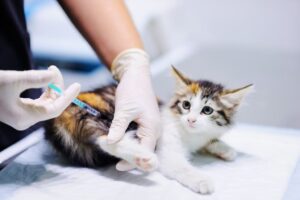
Essential Cat Vaccines for Adults
Regardless of their exposure risk, the American Veterinary Medical Association (AVMA), the American Association of Feline Practitioners (AAFP), and the American Animal Hospital Association (AAHA) advise that all cats receive a specific set of vaccinations. Adult cats who received these vaccinations as kittens usually receive them every three years. The frequency of vaccinations should be reduced in cats because they are more likely to develop tumors at injection sites; however, this should not be mistaken for avoidance. For this reason, it’s critical to heed your veterinarian’s advice regarding your cat’s recommended vaccination schedule.
- Rabies: Not only does rabies kill nearly all unvaccinated animals infected with it, but most state laws mandate vaccination for all cats older than six months. This is due to the fact that rabies is a zoonotic disease that can infect people. Even if your cat stays indoors, it is still possible for it to get rabies if a bat enters your home or if it escapes and comes into contact with a rabid animal outside. If a killed virus vaccine is used, a rabies vaccination may need to be given every three years, or annually if a recombinant vaccine is used.
- Feline herpesvirus 1 (FHV1): This vaccine, which is a component of a combination shot, causes eye and respiratory problems in cats. In adult cats, it is given every three years.
- Feline Calicivirus (FCV): This virus, which is a component of a combination vaccination, causes cats to have severe eye and respiratory problems, oral sores, and occasionally lameness. It is highly infectious, and there is a lethal variety that inflames important organs. In adult cats, it is given every three years.
- Cat distemper, or feline panleukopenia virus (FPV), is a highly contagious and sometimes fatal virus. In addition to abrupt death, gastrointestinal symptoms like vomiting, diarrhea, and inappetance are frequently observed. It is a component of a combination vaccine that adult cats receive every three years along with FCV and FHV1.
Vaccines Not Listed Here for Adult Cats
Your veterinarian may suggest another vaccine based on the particular lifestyle of your cat. This vaccination is considered non-core since not all cats require it; however, if your cat does, it will be required every year.
- Feline leukemia virus, or FeLV, is a virus that typically infects cats and spreads through their urine and saliva. FeLV can lead to immunological problems and even death. For cats who are at risk, this is a yearly vaccine.
Even for cats who are at-risk, a few other vaccines that were sporadically advised in the past are no longer routine. Vaccinations against chlamydia, bordatella, and FIP are among them.

